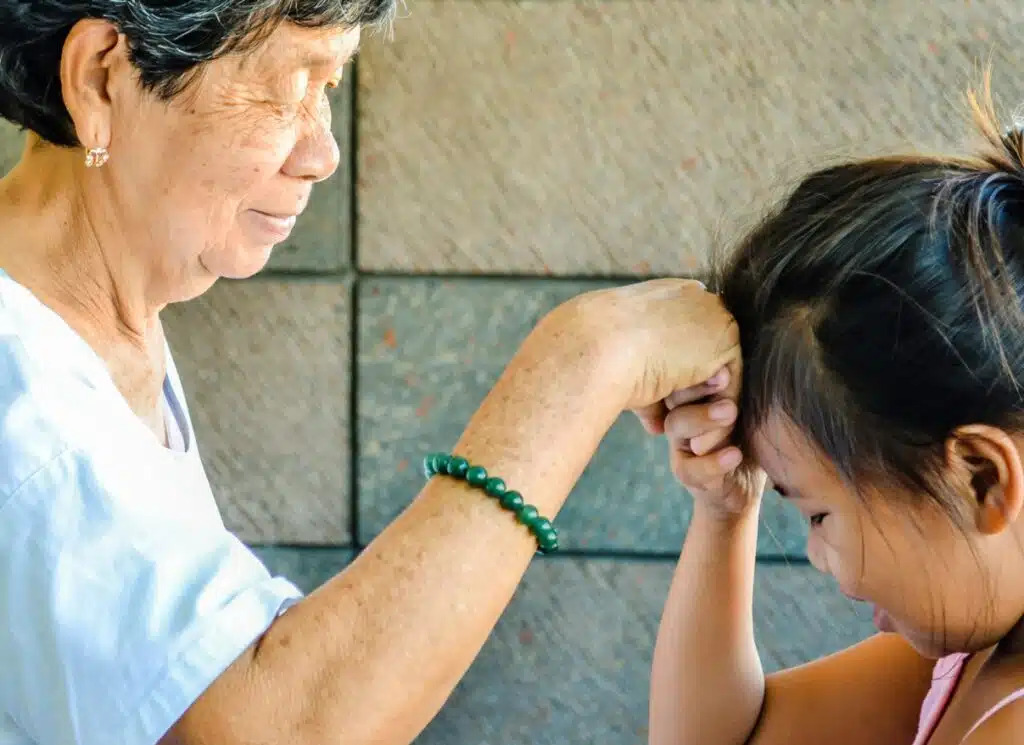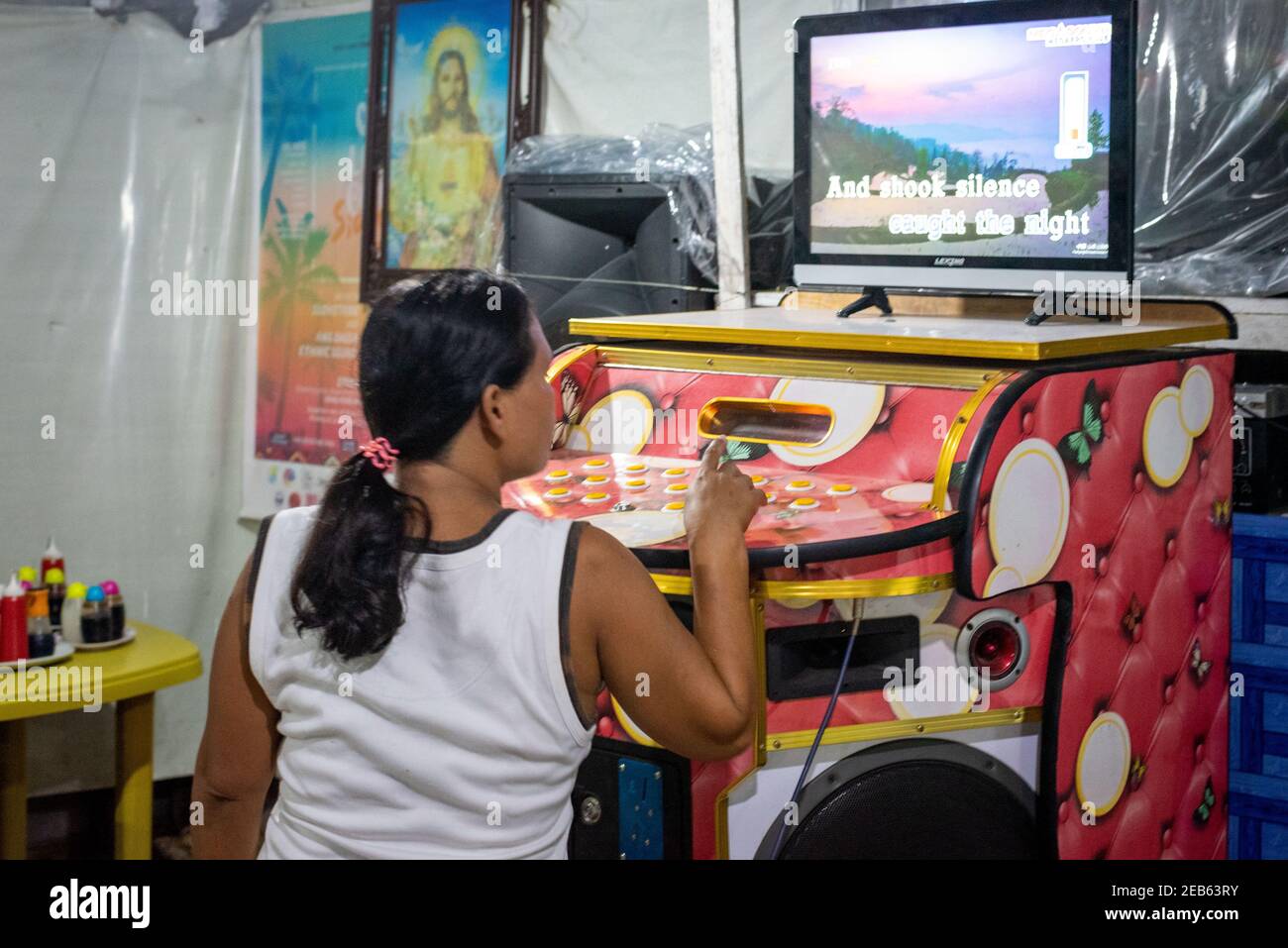【講師コラム】エセル講師No.~Exploring the Endearing Customs of the Philippines~
Englishbuds 管理人 MommyKayo です。
昨日祝日だったため
今日が日曜日に思えてならない私です・・・( -_-)
今日の予定忘れませんように・・・。
曜日感覚を戻すために
ハッキリ言っておきたいと思いますが
今日は金曜日です!講師コラムの日です!
ということで、
今週もフィリピンの風習について
エセルに語ってもらいましょう(^^)
Exploring the Endearing Customs of the Philippines
The Philippines is made up of three main island groups that have 17 regions. Our country is very diverse. Its rich history shaped its customs and traditions. These customs go back over a hundred years and are still alive and strong. Some customs and traditions show the history, family, and spirit of the people. However, some unique customs are shared by all these regions: Here are some of the customs that I have listed that make us different from other countries. Four customs stand out to me.
1. Pagmamano Gesture
Filipinos demonstrate the importance of family and have a deep respect for their elders. Children are taught to be courteous, especially to elders, and to seek their counsel. One example of this regard is the “pagmamano” gesture, in which a younger person takes an elder’s hand and politely taps it to their forehead.
2. Boodle Fight or Battle
Boodle fights are communal feasts eaten with one’s hands and served on banana leaves. Boodle battles are frequently held to commemorate special occasions such as fiestas, weddings, and birthdays. They’re also a popular way to feed large groups of people, such as military troops. Depending on the region various Filipino delicacies, including lechon, are frequently served at a boodle fight. This popular custom shows unity and camaraderie in any Filipino community.
3. The Power of Karaoke
Without a doubt, karaoke plays a vital role in Philippine culture. Singing is a staple in the lives of Filipinos. It turns into a typical hobby in daily life. When guests arrive at the house, they will sing together, and on special occasions, they will enjoy joining the celebrations. I believe, for many Filipinos, this is one way to show hospitality. Anywhere in the world where there are Filipinos, there is a karaoke system in their homes.
4. Spirit of Cooperation or “BAYANIHAN” Spirit
Bayanihan is the Filipino way of working together and living in harmony with others. It means helping one’s neighbors in times of need, such as when building or moving a house. It shows the Filipinos’ strong sense of community and willingness to help those in trouble. Bayanihan is an old tradition in the Philippines. It is believed to have started during the pre-colonial period when people gathered together to help each other build their homes and villages.The spirit of cooperation that Filipinos have helped them overcome the challenges of the COVID-19 pandemic. I had a memorable experience joining a feeding program and a free store event. They are like soup kitchens in the U.S.A. that provide free meals to the homeless every day. I cannot describe how I felt. That is why this is the custom that I love to practice.
These unique customs of the Philippines are not only a source of identity and pride for Filipinos, but also a blessing to the world. They teach us how to live with happiness, thankfulness, and kindness in a complicated and changing world.
カラオケ!
日本発祥のものだと思いますが
なんともうフィリピンの風習と言われるまで
フィリピンに根付いているのですね(^^)
確かに陽気で歌が好きなフィリピン人には
カラオケは愛されるでしょうね~✨
それから助け合いの精神!
フィリピン人の気質にキリスト教の影響が重なって
フィリピンでの特に家族間での助け合いは
想像を超えるところがあったりしますよね。。。
所変われば品代わる、と言いますが
やっぱり文化の違いは面白い!
来週の担当はアダムです♪
お楽しみにー!
にほんブログ村


